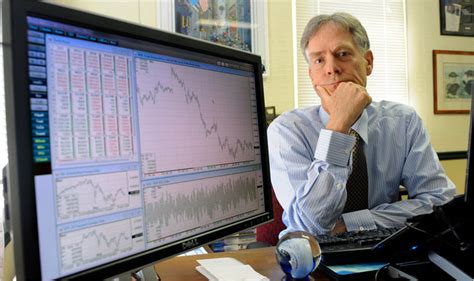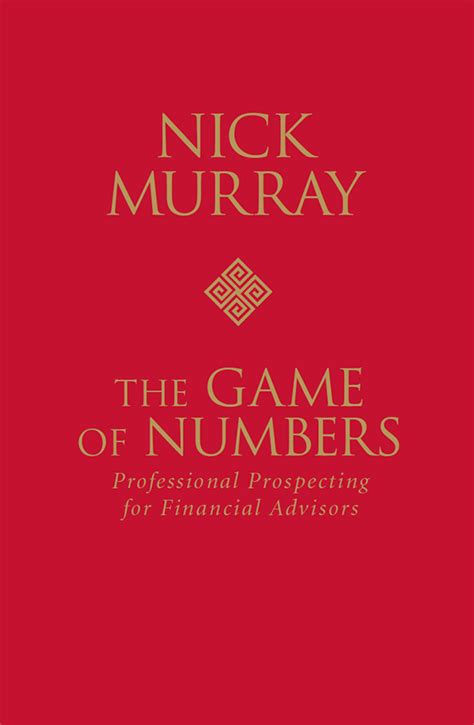A Quote by Daniel Kahneman
The average investor's return is significantly lower than market indices due primarily to market timing.
Related Quotes
We are convinced that the intelligent investor can derive satisfactory results from pricing of either type (market timing or fundamental analysis via price). We are equally sure that if he places his emphasis on timing, in the sense of forecasting, he will end up as a speculator and with a speculator's financial results." And "The speculator's primary interest lies in anticipating and profiting from market fluctuations. The investor's primary interest lies in acquiring and holding suitable securities at suitable prices.
The investor has the benefit of the stock market's daily and changing appraisal of his holdings, 'for whatever that appraisal may be worth', and, second, that the investor is able to increase or decrease his investment at the market's daily figure - 'if he chooses'. Thus the existence of a quoted market gives the investor certain options which he does not have if his security is unquoted. But it does not impose the current quotation on an investor who prefers to take his idea of value from some other source.
The correct method for tracking the stock market is to use semilogarithmic chart paper, since the market's history is sensibly related only on a percentage basis. The investor is concerned with percentage gain or loss, not the number of points traveled in a market average. Arithmetic scale is quite acceptable for tracking hourly waves. Channeling techniques work acceptably well on arithmetic scale with shorter term moves.
we have complaints that institutional dominance of the stock market has put 'the small investor at a disadvantage because he can't compete with the trust companies' huge resources, etc. The facts are quite the opposite. It may be that the institutions are better equipped than the individual to speculate in the market.But I am convinced that an individual investor with sound principles, and soundly advised, can do distinctly better over the long pull than large institutions.
Rip Van Winkle would be the ideal stock market investor: Rip could invest in the market before his nap and when he woke up 20 years later, he'd be happy. He would have been asleep through all the ups and downs in between. But few investors resemble Mr. Van Winkle. The more often an investor counts his money - or looks at the value of his mutual funds in the newspaper - the lower his risk tolerance.
I feel no shame at being found still owning a share when the bottom of the market comes…I would go much further than that. I should say that it is from time to time the duty of a serious investor to accept the depreciation of his holdings with equanimity and without reproaching himself. … An investor…should be aiming primarily at long-period results, and should be solely judged by these.
As a bull market turns into a bear market, the new pros turn into optimists, hoping and praying the bear market will become a bull and save them. But as the market remains bearish, the optimists become pessimists, quit the profession, and return to their day jobs. This is when the real professional investors re-enter the market.
The investor is neither smart not richer when he buys in an advancing market and the market continues to rise. That is true even when he cashes in a goodly profit, unless either (a) he is definitely through with buying stocks an unlikely story or (b) he is determined to reinvest only at considerably lower levels. In a continuous program no market profit is fully realized until the later reinvestment has actually taken place, and the true measure of the trading profit is the difference between the previous selling level and the new buying level.
Ridiculous as our market volatility might seem to an intelligent Martian, it is our reality and everyone loves to trot out the 'quote' attributed to Keynes (but never documented): 'The market can stay irrational longer than the investor can stay solvent.' For us agents, he might better have said 'The market can stay irrational longer than the client can stay patient.'

































